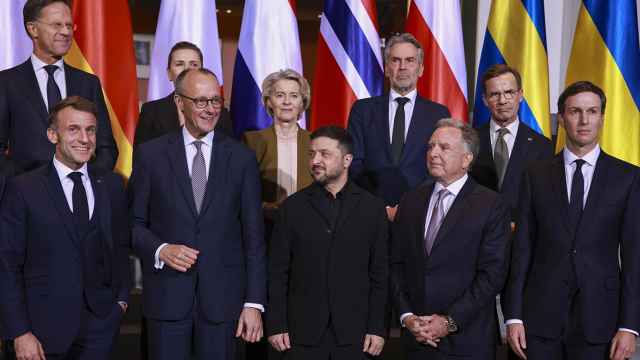
Oleg Joukov
Partner
TM DEFENCE Legal Services
Parallel import issues in Russia are currently considered among the most opaque and confusing issues in Russian legal practice.
One of the milestones was the Porsche case that was the first case where administrative liability imposed for gray (parallel) importation was challenged by the Supreme Arbitration Court. The position of the Supreme Arbitration Court in Russia is obviously taken into account by lower level arbitration courts all across the country, which take their lead from its precedent. Since the majority of parallel import disputes are considered within the system of arbitration courts, the outcome of the Porsche case had and will continue having a substantial impact on local court practice.
The Supreme Arbitration Court passed the opinion that the Administrative Code is aimed at protecting persons, legal rights and interests, freedom of persons and of citizens. The importation of original goods to Russia does not infringe on this rule. Therefore, the importer cannot be administratively liable.
In my opinion, this statement is rather disputable as the following part of the rule say the Administrative Code is aimed at protecting the interests of persons and legal entities. Importing goods without the rightholder's consent violates the legal rights and interests of the legal entity and thereby may be the subject of an administrative offence.
Since the Supreme Arbitration Court is the highest level of appeal within the state commercial court system in Russia, it only reviews cases that are proved by lower courts to be in gross violation of the law and whose resolution is essential for establishing a precedent in integrated court practice. We assume that the Supreme Arbitration Court does not challenge the fact that Russia is a state with a national exhaustion of rights concepts and that unauthorized importation infringes on trademark owner's rights. The main idea behind the above-named decision is to keep a fair balance between private and public interests.
In fact, the Supreme Arbitration Court stipulates a hands-off policy: The state should not interfere in relations between importers of goods unless the goods are counterfeit. So, the rightholder or its representative can claim against the unauthorized importer in civil proceedings but the state bodies (namely customs) have no authority to impose fines or confiscate original goods, no matter who imports them.
The majority of arbitration courts follow the logic of the Porsche case and determine that, if the goods are not counterfeit, state bodies are not authorized to confiscate them or fine the unauthorized importer.
However Supreme Arbitration Court head Anton Ivanov repeated several times that the rightholder should not be deprived of the right to sue unauthorized importers in civil proceedings.
Even though the Supreme Arbitration Court de facto excluded gray (parallel) importation from the scope of administrative enforcement performed by the state bodies, the customs authorities were unwilling to give up responsibility. They did not reconsider their involvement in these matters and still keep the Customs register, monitor gray imports and institute administrative proceedings against unauthorized importers.
The Civil Code sets forth the principle of national exhaustion of trademark rights and states that, in the absence of authorization from the trademark owner, no one is authorized to use marks similar to a registered trademark.
The Supreme Arbitration Court determines importation of goods as akin to putting them into circulation. According to the Civil Code, putting goods into circulation is considered as trademark use; so, if goods marked with a registered trademark are put into circulation in Russia — imported in our case — without the rightholder's consent, it could be recognized by a court as illegal use of a trademark, and therefore as infringing on the trademark owner's rights.
At present, our firm is successfully applying the above logic in courts.
A Message from The Moscow Times:
Dear readers,
We are facing unprecedented challenges. Russia's Prosecutor General's Office has designated The Moscow Times as an "undesirable" organization, criminalizing our work and putting our staff at risk of prosecution. This follows our earlier unjust labeling as a "foreign agent."
These actions are direct attempts to silence independent journalism in Russia. The authorities claim our work "discredits the decisions of the Russian leadership." We see things differently: we strive to provide accurate, unbiased reporting on Russia.
We, the journalists of The Moscow Times, refuse to be silenced. But to continue our work, we need your help.
Your support, no matter how small, makes a world of difference. If you can, please support us monthly starting from just $2. It's quick to set up, and every contribution makes a significant impact.
By supporting The Moscow Times, you're defending open, independent journalism in the face of repression. Thank you for standing with us.
Remind me later.





